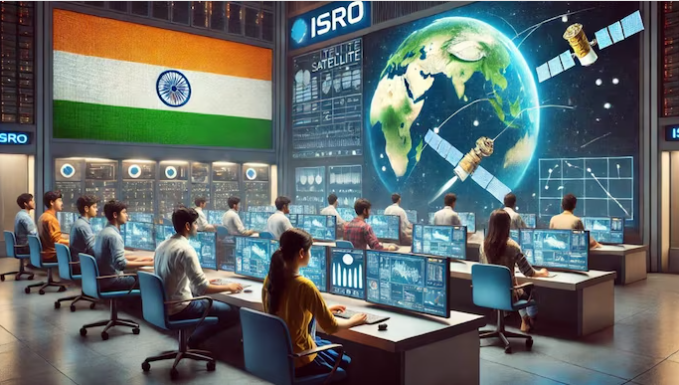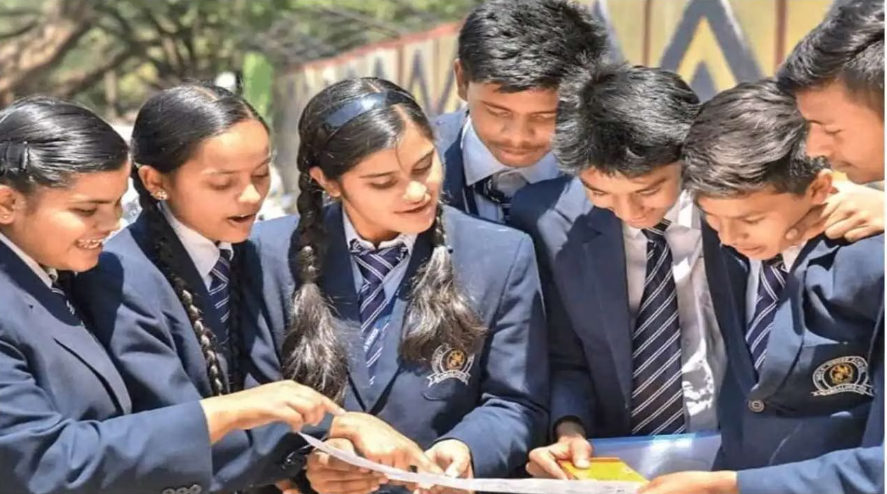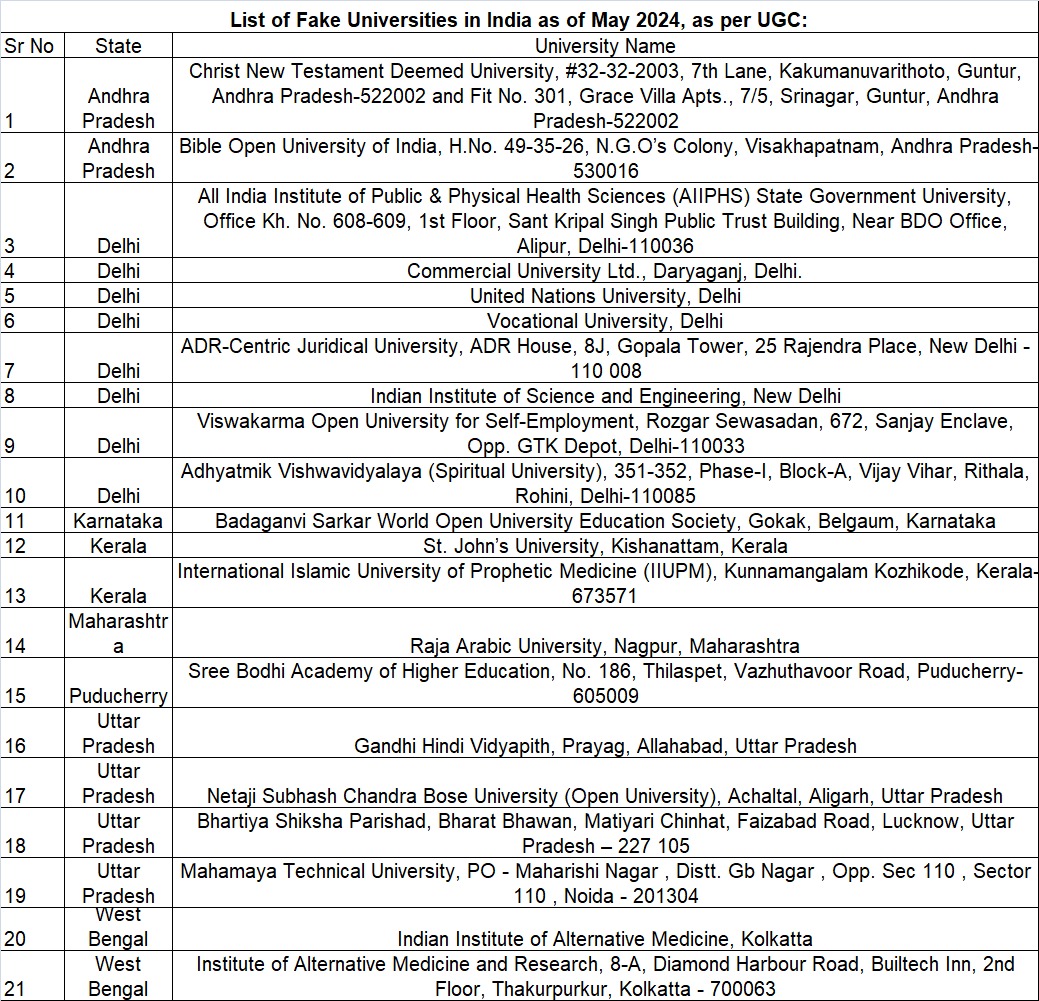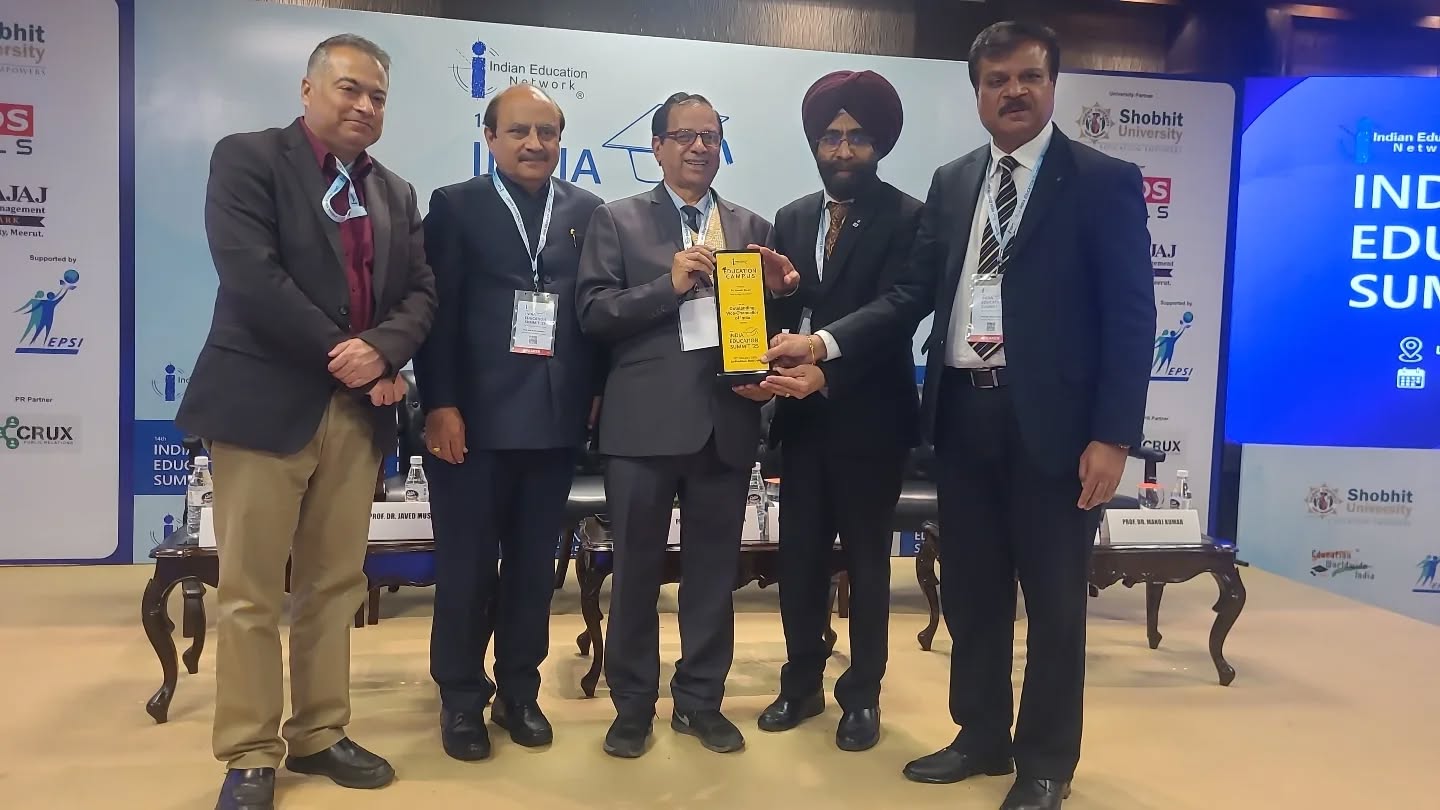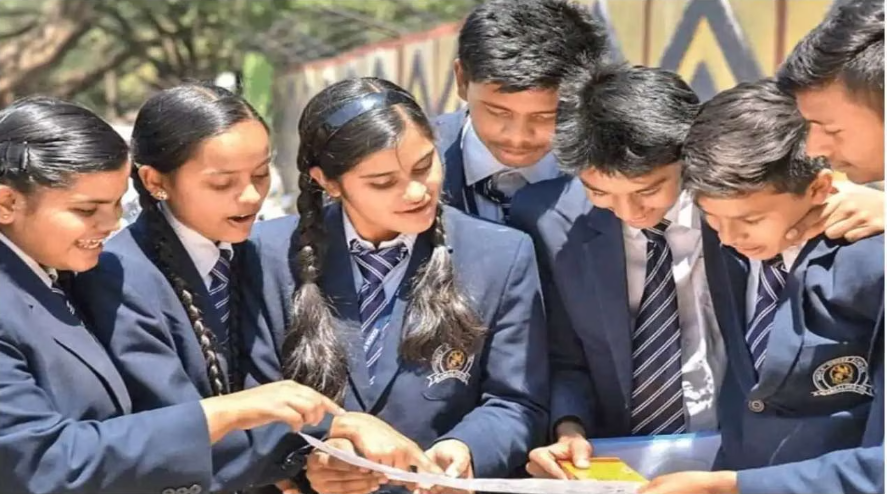IIT Madras and ISRO develop SHAKTI-based semiconductor chip under Make in India
India is swiftly achieving excellence in the technologies of future. With the successful development of indigenous semiconductor chips in aerospace applications, India is now standing at the forefront. The Indian Institute of Technology Madras (IIT Madras) and the Indian Space Research Organisation (ISRO) joined hands in the development of the chip.
The chip, named IRIS (Indigenous RISC-V Controller for Space Applications), is based on the SHAKTI microprocessor and is part of India’s push for self-reliance in semiconductor technology.
The SHAKTI microprocessor project is led by Professor V Kamakoti at the Prathap Subrahmanyam Centre for Digital Intelligence and Secure Hardware Architecture (PSCDISHA), Department of Computer Science and Engineering, IIT Madras. SHAKTI systems use RISC-V, an open-source processor technology, and are supported by the Ministry of Electronics and Information Technology under the ‘Digital India RISC-V’ (DIRV) initiative.
KEY FEATURES OF IRIS CHIP
- Developed to support ISRO’s command and control systems and other critical functions.
- Designed for fault tolerance and reliability, making it suitable for space missions.
- Includes custom modules like WATCHDOG timers and advanced serial buses.
- Can be expanded for future missions through multiple boot modes and hybrid memory extensions.
- Fully Made in India






